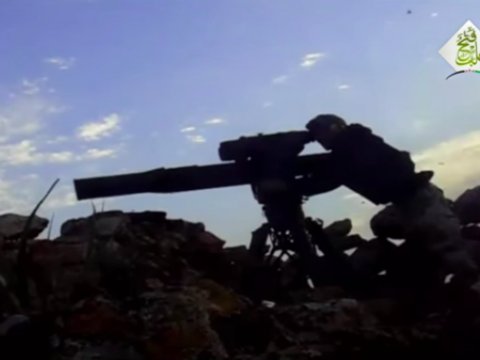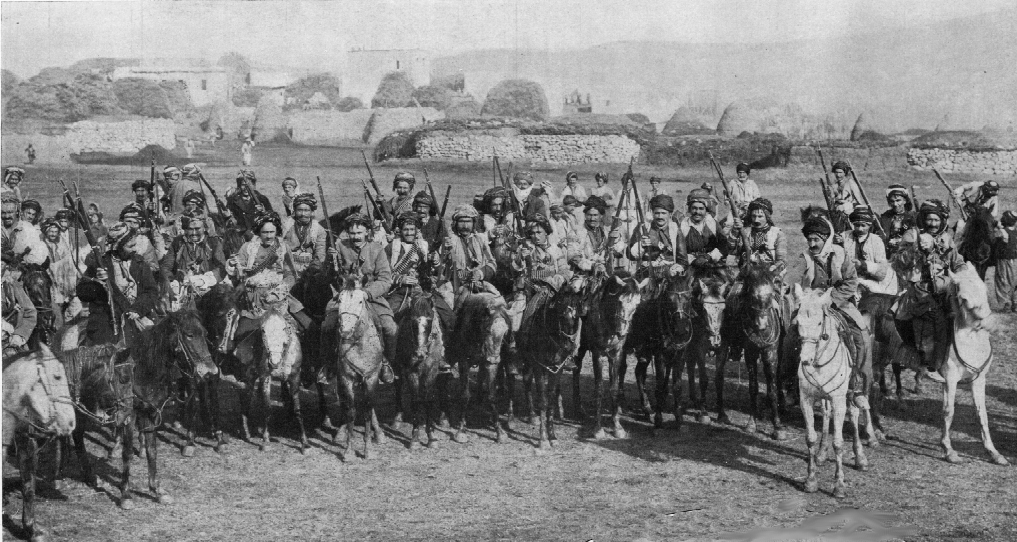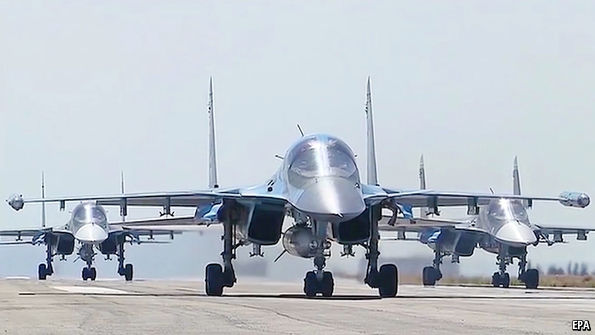
It would be nice to have short, quick, sharp interventions. Basically, go into a troubled country, kick tail, and then leave shortly thereafter with everything resolved. Sort of like we did in Libya in 2011; or that peacekeeping mission in Lebanon in 1982-1984 that was effectively ended by the barracks bombing that killed 241 Marines; or the brief humanitarian mission to Somalia 1992-1994 that generated the book and movie Black Hawk Down; or the 1991 Gulf War; or one-year deployment to Bosnia in 1995; or any number of short and sweet interventions that were not always so sweet and short.
Obviously the real “short and sweet” list is pretty short. Panama 1989, Grenada 1984 and….and….and…… Most commitments either take much longer that that (like Bosnia), or the conflict continues rattling on long after we left (pretty much the rest of the cases mentioned in the first paragraph), and sometimes they require us to re-engage or they mutate in ways we did not expect (for example: Libya and Somalia). Getting in, kicking tail, taking names, and getting out sounds like a great idea. Just doesn’t work out that way very often.
Russia is now wrapping up its 5 ½ month commitment in Syria. It was not that big, maybe 3,000 to 6,000 uniformed personnel, plus aircraft. Still, this mission was unique in many ways. It was really the first case of Russia doing an intervention away from its immediate borders (and pretty much one of the few cases of the Soviet Union doing one also). Neither Russia nor the Soviet Union had ever played far from home, if you ignore the communist international, world wide revolutionary movements and a few dozen missiles sent to Cuba. Still, Russia/Soviet Union had rarely actually committed conventional forces into combat in a country that is not connected to it by border. Even their failed war in Afghanistan (1979-1989) was connected by a border. They were part of the Kosovo peacekeeping forces. But besides that, Syria is the only case I can think of in the last 100 years of a Russian or Soviet ground invention in a country not connected by a border.
They are now withdrawing (so they claim). Syria is the location of the only Russian military bases outside their country, so obviously some forces are remaining.
But, Syria remains Syria. It is a country of 18 million people that is only around 13% Shia (primarily Alawite). Up until the civil war started five years ago, the Alawite minority ruled the country under Bashar Assad. It is around 10% Christian (which were sometimes allied with their fellow minority, the Alawites), 3% Druze, 9% Kurds (Sunni) and 60% Sunni Arab (and no…these numbers don’t add up to 100%). Of course, having an Alawite minority over the top of the Sunni majority pretty much guaranteed that there would eventually be a conflict. Now the Russia intervention has bolstered the Alawites. Hard to imagine if Russia actually pulls out, how the bolstered Alawites maintain their current position.
Still, perhaps Russia has given Assad and the Alawites enough breathing space for them to now stand on their own. This has not been the case in a number of past interventions (U.S. in Vietnam, USSR in Afghanistan, U.S. in Iraq).




